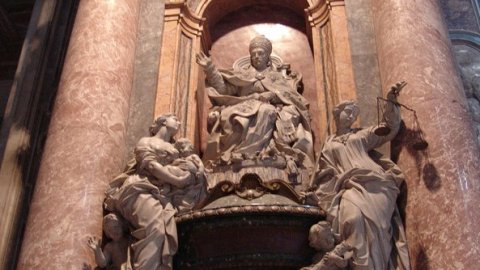The Religious Demand for Obedience

My latest column has been posted on AlterNet, How Religion’s Demand for Obedience Keeps Us in the Dark Ages. It’s about the religious worldview that sees human existence as a strict hierarchy of commandments and submission, how this belief has been used by tyrants and autocrats throughout the ages to justify unaccountable power, and how it continues to oppress human beings today even as the monarchies that once enshrined it have crumbled. Read the excerpt below, then click through to see the rest:
It’s only within the last few centuries, in the era of the Enlightenment, that a few fearless thinkers argued that the people should govern themselves, that society should be steered by the democratic will rather than the whims of an absolute ruler. The kings and emperors battled ferociously to stamp this idea out, but it took root and spread in spite of them. In historical terms, democracy is a young idea, and human civilization is still reverberating from it — as we see in autocratic Arab societies convulsed with revolution, or Chinese citizens rising up against the state, or even in America, with protesters marching in the streets against a resurgence of oligarchy.
But while the secular arguments for dictatorship have been greatly weakened, the religious arguments for it have scarcely changed at all. Religion is very much a holdover from the dark ages of the past, and the world’s holy books still enshrine the ancient demands for us to bow down and obey the (conveniently unseen and absent) gods, and more importantly, the human beings who claim the right to act as their representatives. It’s no surprise, then, that the most fervent advocates of religion in the modern world are also the most deeply inculcated with this mindset of command and obedience.
Image credit: John Yavuz Can, released under CC BY 2.0 license





